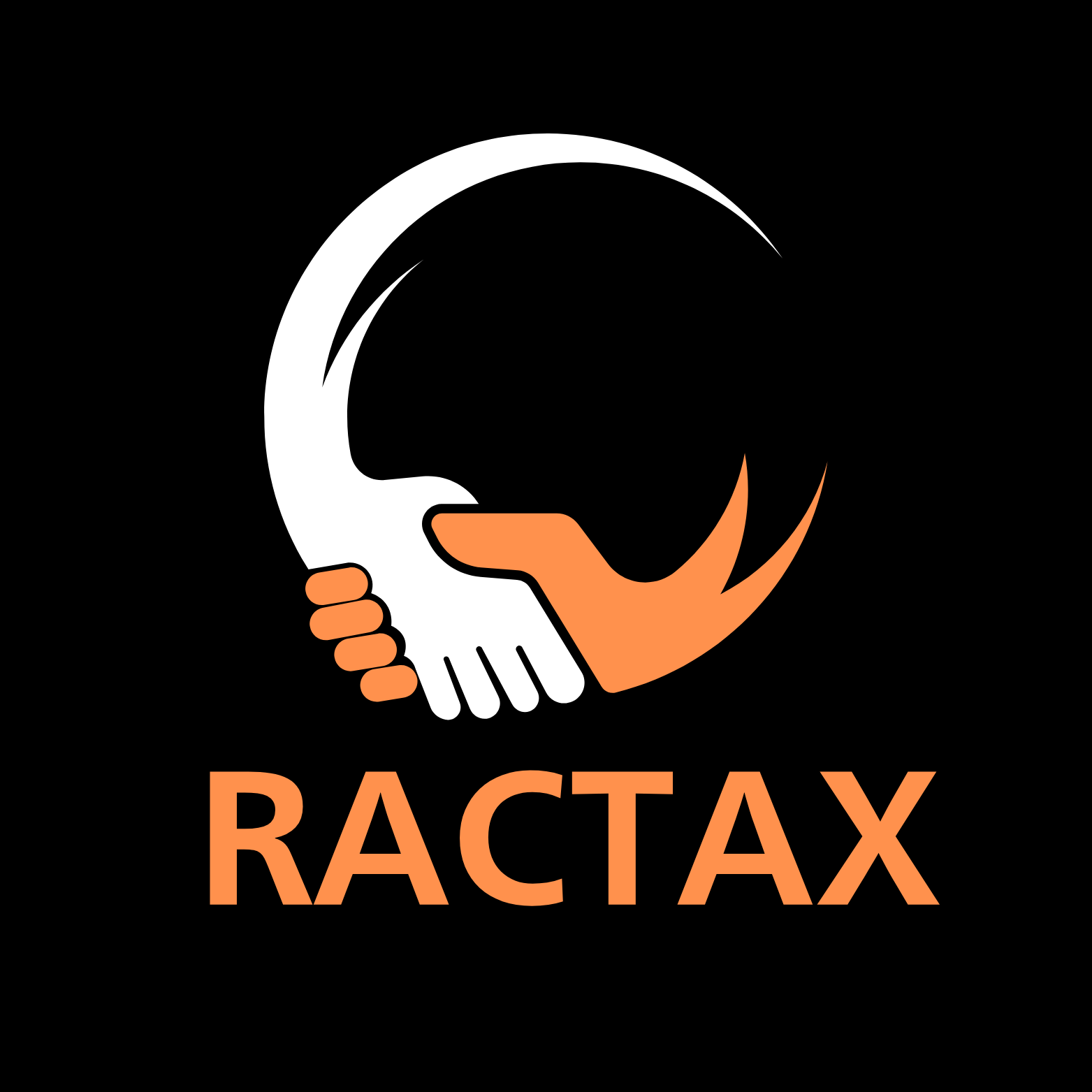Microfinance companies play a significant role in providing financial assistance to underserved segments, particularly for low-income individuals who may not have access to traditional banking services. Microfinance companies typically offer small loans, financial advisory services, and savings plans to help individuals and small businesses grow. In India, the setup and operation of microfinance institutions (MFIs) are strictly regulated by the Reserve Bank of India (RBI) to ensure financial stability and consumer protection.
Key Steps for Microfinance Company Registration
Registering a microfinance company with the help of Ractax involves several key steps:
1. Choosing a Business Structure:
A microfinance company can be registered as a Non-Banking Financial Company (NBFC) or a Section 8 Company under the Companies Act, 2013.
NBFC-MFIs need an RBI license to operate, while Section 8 companies do not require this license but can only offer limited loan services.
2. Minimum Capital Requirement:
For NBFC-MFIs, the RBI mandates a minimum capital requirement of ₹5 crore, while in the North-Eastern states, the requirement is ₹2 crore.
Section 8 companies do not have a strict capital requirement, making them an alternative for smaller microfinance operations.
3. Documentation and Compliance:
Documents required include the Certificate of Incorporation, MOA and AOA, PAN of the company, KYC documents of directors, and other legal documentation.
NBFCs must adhere to RBI compliance norms, including board resolutions, net worth verification, and business plans, whereas Section 8 companies require Ministry of Corporate Affairs (MCA) compliance.
4. Filing with RBI or MCA:
NBFCs must apply to the RBI with all necessary documents and a business plan for approval.
Section 8 companies are registered through the MCA, focusing on social objectives and can only offer limited loans without an RBI license.
5. Obtaining Registration Certificate:
Once the documents are verified and approved, the company receives a registration certificate, allowing it to operate as a microfinance institution.
6. Annual Compliance:
Microfinance companies must maintain regular compliance with RBI (for NBFCs) or MCA (for Section 8 companies), including audits, financial reporting, and annual returns.
How Ractax Can Help
Ractax specializes in assisting clients with the complexities of microfinance company registration. Their services include:
Consultation: Advising on the best business structure suited to your needs.
Documentation: Handling all necessary paperwork, such as MOA, AOA, and RBI forms.
Liaising with RBI/MCA: Managing interactions with regulatory bodies to streamline the registration process.
Compliance Assistance: Offering ongoing compliance services to meet RBI or MCA requirements.
Post-Registration Support: Helping with business planning, financial structuring, and future growth requirements.
Benefits of Choosing Ractax for Microfinance Company Registration
Expertise in Financial Regulations: Ractax has a team well-versed in RBI and MCA regulations.
End-to-End Services: Ractax provides end-to-end support, from registration to post-launch compliance.
Tailored Solutions: They customize solutions based on whether you opt for an NBFC or a Section 8 Company structure.
Ractax aims to simplify the registration process, enabling microfinance companies to focus on their mission of promoting financial inclusion and providing financial support to those in need.

